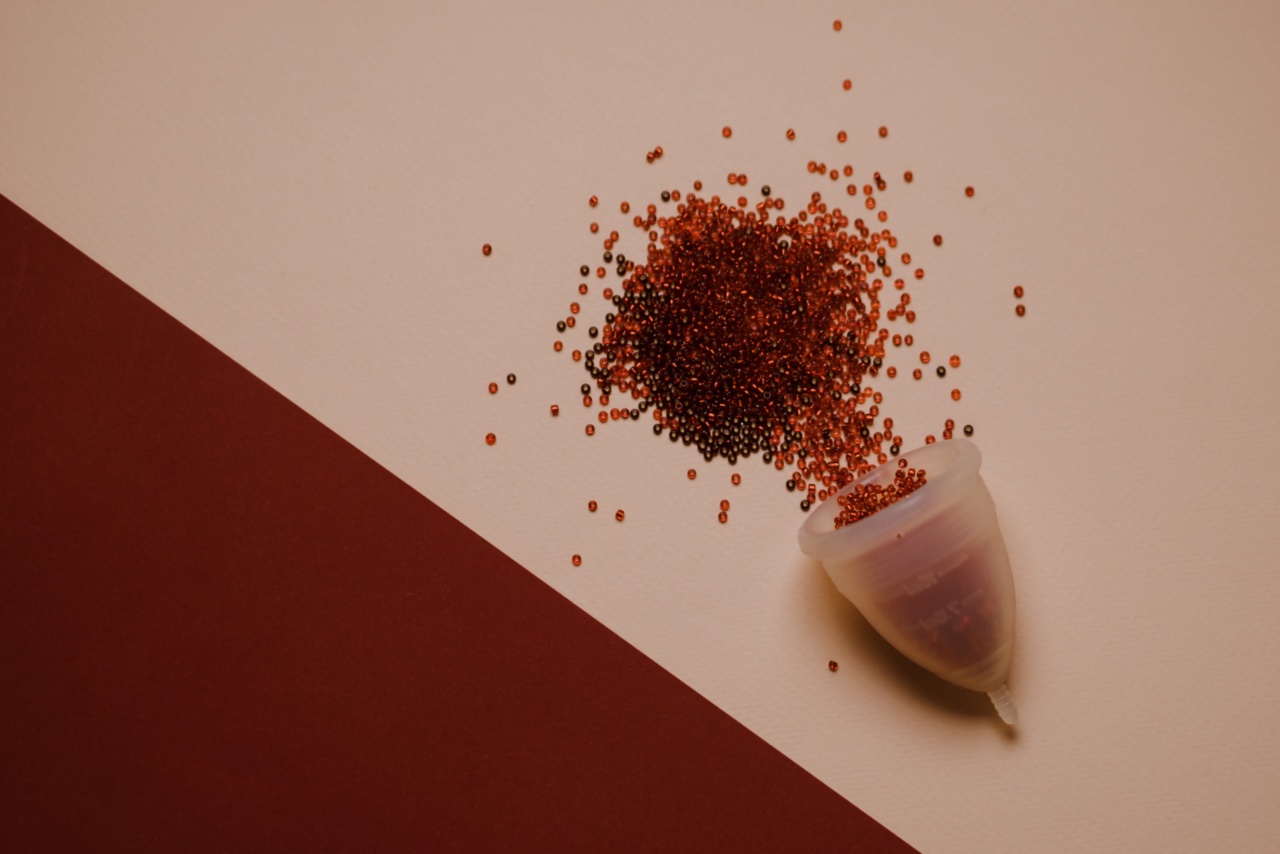Vaginal itching can be an extremely uncomfortable and distressing symptom for many women. While it is commonly associated with yeast infections, there are several other potential culprits that could be causing this bothersome sensation.
In this article, we will explore a variety of factors that can contribute to vaginal itching, shedding light on lesser-known causes beyond yeast infections.
1. Bacterial Vaginosis
Bacterial vaginosis (BV) is a common vaginal infection that occurs when there is an imbalance in the natural bacteria present in the vagina. Symptoms typically include a grayish-white vaginal discharge, a fishy odor, and itching.
BV can be triggered by factors such as douching, new sexual partners, or using scented soaps or feminine hygiene products.
2. Sexually Transmitted Infections (STIs)
Sexually transmitted infections, such as chlamydia, gonorrhea, or trichomoniasis, can cause vaginal itching as well.
These infections are typically accompanied by other symptoms, including abnormal discharge, pain during urination or sex, and genital sores or lesions. If you suspect an STI, it is important to consult with a healthcare professional for proper diagnosis and treatment.
3. Allergic Reactions
Vaginal itching can sometimes be triggered by an allergic reaction to certain substances or products, including condoms, spermicides, laundry detergents, or even certain fabrics or dyes.
If you suspect an allergic reaction, try switching to hypoallergenic or fragrance-free products and see if the itching subsides. Consult a healthcare provider if the symptoms persist.
4. Dermatitis
Dermatitis refers to inflammation of the skin, which can occur in the vaginal area as well. Contact dermatitis, caused by irritants or allergens coming into direct contact with the skin, can result in itching, redness, and swelling.
Common culprits include harsh soaps, bubble baths, or even scented toilet paper. If you suspect dermatitis, try avoiding potential triggers and use mild, fragrance-free products.
5. Menopause
As women enter menopause, their estrogen levels decrease, which can lead to a variety of changes in the vaginal area. Vaginal dryness and thinning of the vaginal walls can cause itching and irritation.
Hormonal treatments or over-the-counter lubricants or moisturizers can help alleviate these symptoms. It is recommended to consult a healthcare provider for guidance on managing menopausal symptoms.
6. Stress or Psychological Factors
Believe it or not, psychological factors like stress, anxiety, or depression can also contribute to vaginal itching. The mind-body connection plays a significant role in overall health and well-being.
Stress reduction techniques, such as mindfulness, meditation, or therapy, may help alleviate vaginal itching associated with psychological factors.
7. Eczema
Eczema is a chronic skin condition that can affect various parts of the body, including the vaginal area. Vaginal itching caused by eczema is often accompanied by redness, dryness, and scaling.
Topical corticosteroids or other prescribed medications can help manage eczema symptoms. It is advised to seek medical advice for an accurate diagnosis and appropriate treatment.
8. Hormonal Changes
Aside from menopause, other hormonal changes can also contribute to vaginal itching. Pregnancy, for example, alters hormone levels and can lead to increased sensitivity or dryness in the vaginal area.
It is vital to discuss any unusual symptoms with a healthcare professional during pregnancy to ensure both maternal and fetal wellbeing.
9. Lichen Sclerosus
Lichen sclerosus is a chronic inflammatory skin condition that commonly affects the genital area. It primarily occurs in postmenopausal women but can also occur in men and children.
Symptoms include intense itching, white patches on the skin, and tearing or blistering. Medical treatment, including corticosteroid creams or ointments, is necessary to manage lichen sclerosus effectively.
10. Vulvar Cancer
Vulvar cancer is a rare type of cancer that affects the external genitalia, including the labia, clitoris, and vaginal opening.
While itching can be a symptom of vulvar cancer, it is important to note that it is often accompanied by other concerning signs, such as a persistent lump, abnormal bleeding, or changes in skin color. If you suspect vulvar cancer, seek immediate medical attention for proper diagnosis and treatment.
While yeast infections are a common cause of vaginal itching, there are several other potential culprits to consider. Understanding these lesser-known causes can help women seek appropriate care and find relief from this uncomfortable symptom.
If you experience persistent vaginal itching, it is recommended to consult with a healthcare provider for an accurate diagnosis and personalized treatment plan.






























